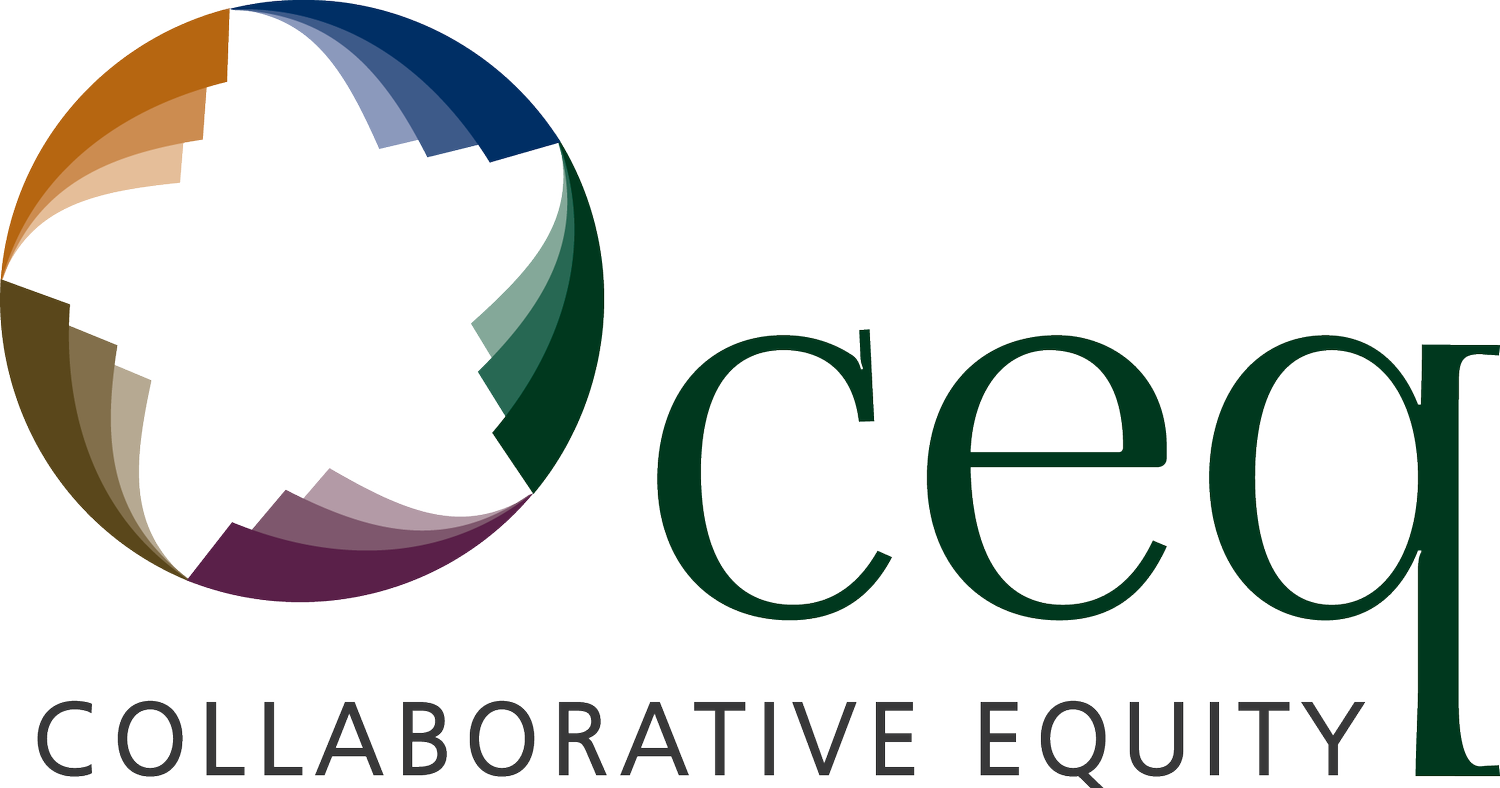A Leader as an Honest Coach and Facilitator
/The leader’s role is critical – ‘forcing’ behaviours where necessary through great coaching, being ruthlessly consistent on boundaries, with a huge use of non verbal rewards and sanctions, and a martyr like willingness to stand apart when necessary.
The leader is the one who picks people up at their lowest point; who reminds them how privileged they are to be on the team when they are at their most self absorbed.
The leader’s role is vital – and since the team leader is conventionally the most senior manager that leader needs to be supremely self aware and wary of falling into the hierarchical power trap, as this can kill great teamworking stone dead in a heartbeat.
One seemingly innocuous example of how leaders often fail to discharge their responsibility to the team is what I refer to as the ‘hub and spoke’ model of running a team. This is where the leader positions themselves metaphorically at the centre of their direct reports, making themselves the hub through which all discussion and change must pass, with the direct reports merely the spokes on the wheel.
Typically in this scenario, people attend meetings for the most part for the boss’s benefit. The boss gets updated, re-establishes personal control and gives input on issues and problems they care about. As a subordinate of this type of leader, you have to prepare for the meeting, using your best telepathic powers to predict what the leader will want and what they will be interested in and focus on, and then endure the experience of watching as your colleagues ‘get their turn’ being grilled on what’s going wrong in their area of the business. Unfortunately in this scenario, instead of using my creativity and energy to support my colleagues as they strive to perform their roles and meet their commitments to the team, my focus is on protecting myself from the impending onslaught winging its way round the table as the boss’s focus inexorably creeps my way. It is likely that your overall workload increases whilst you are in the meeting, both from all the things you are unable to physically attend while you are not at your desk, and from the additional tasks and changes that the leader asks of you in the meeting.
Depending upon what business you are in, your company will have its own version of the weekly update meeting. In retail it will be the often gladiatorial Monday trading meeting reviewing last week’s numbers. In B2B it might be the Friday review of the week’s numbers. The weekly update meeting has become the corporate colosseum, where Caesar watches as grown men and women fight to the death, and then delivers their verdict on the stressed individuals in front of them – ‘thumbs up’ for a ‘well done and you’re ok until next week’ verdict, or ‘thumbs down’ for the condemnation of ‘your results have let the team down and you better deliver next week’ verdict. And people wonder why the forecast is often missed week after week.
Part of the reason leaders get so stressed, and therefore can behave in the ludicrous and inhuman way I’ve described above, is that they very often believe that it is absolutely their job to sit at the hub of the wheel. They don’t see this as control freakery, which is what it is, they simply don’t know any other way. So they put themselves under enormous pressure, setting themselves up for an impossible task and superhuman responsibilities.
The leader must be the keeper of the sanctity of the meeting. Why do we meet? When do we meet? What’s the agenda? What’s a manageable and appropriate time for us to devote to it? What must it achieve? How do we ensure that our team meetings are positively anticipated rather than dreaded?
The leader MUST be a coach and facilitator – this is their role in the team. Notice however that I don’t insist that the leader must be a ‘great’ facilitator, just an ‘honest’ one. It’s the honesty that’s critical not the precise level of mastery of the skill. Like coaching, the most critical factor is being prepared to be clumsy with the skill, thereby demonstrating vulnerability and letting others in the team help out. It is crucial, and may well be the most important aspect of personal development work the leader undertakes.
Recommended Article: Honesty - The Most Valued Commodity
Article excerpted from “And The Leader Is….” and “Corporate Emotional Intelligence…” by Gareth Chick
About the Author:
Gareth Chick is a 40 year corporate veteran with a global profile. His career has included hugely successful spells as CFO, CEO and Chairman in both public and private sectors, including private equity. What makes Gareth's experience unique is that he combined those executive roles with a part time career as a leadership trainer, researching psychology, neuroscience and psychotherapy to create leadership development programmes used now by many major global corporations. In the last 15 years Gareth has trained over 5000 managers and served as Executive Coach to over 200 senior execs including FTSE100 CEOs and Fortune 500 VPs. As Founder of Collaborative Equity LLP, “promoting corporate cultures and sustainable business models of shared ownership, shared responsibility and shared rewards", Gareth acts as consultant to many global leaders, specialising in first time CEOs and Start Up founders. ↠ find out more at ceq.com



